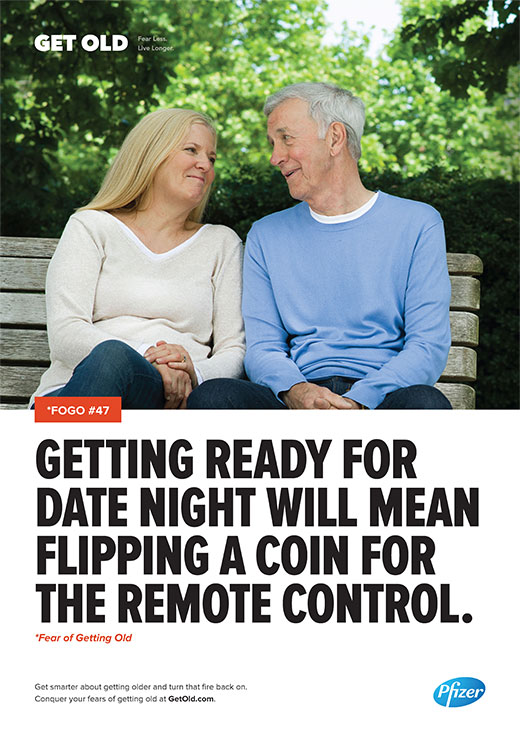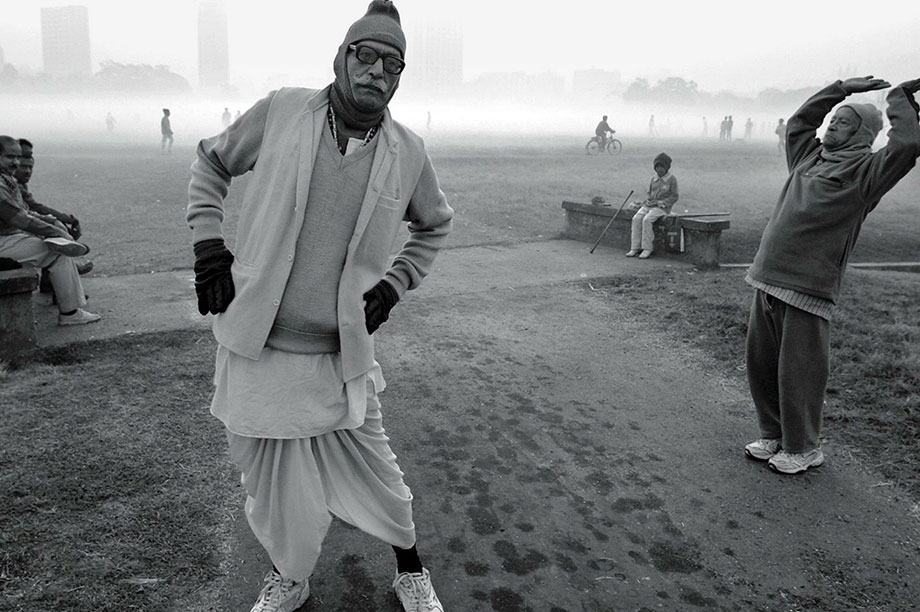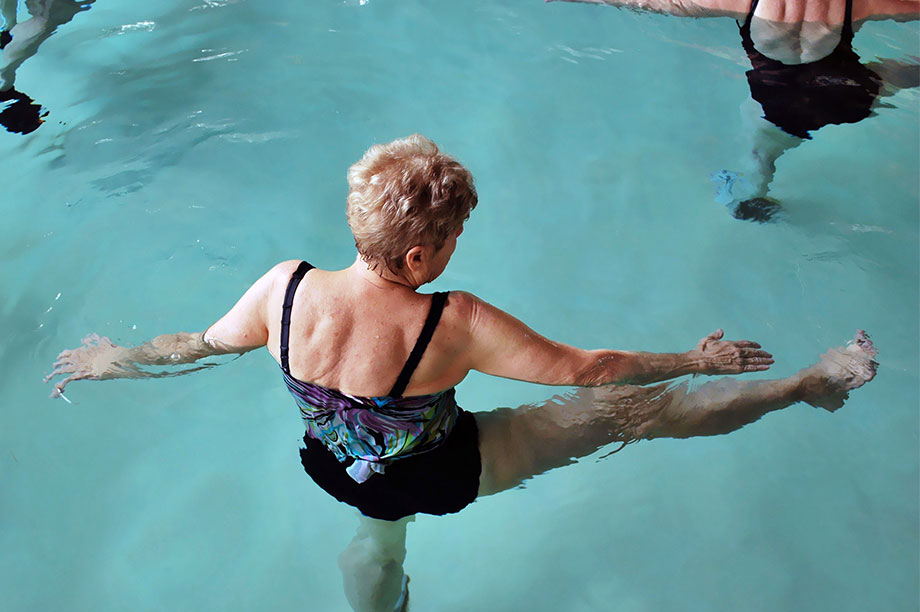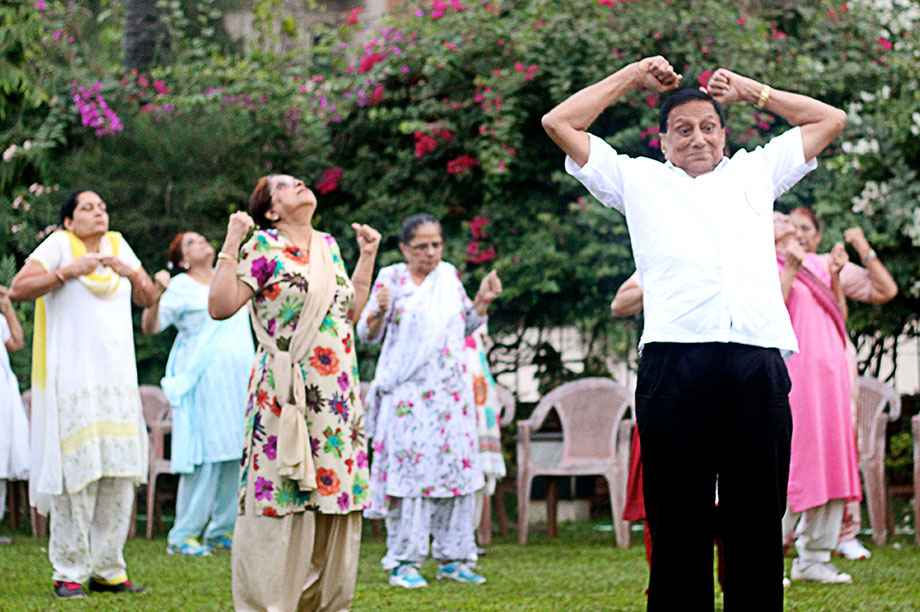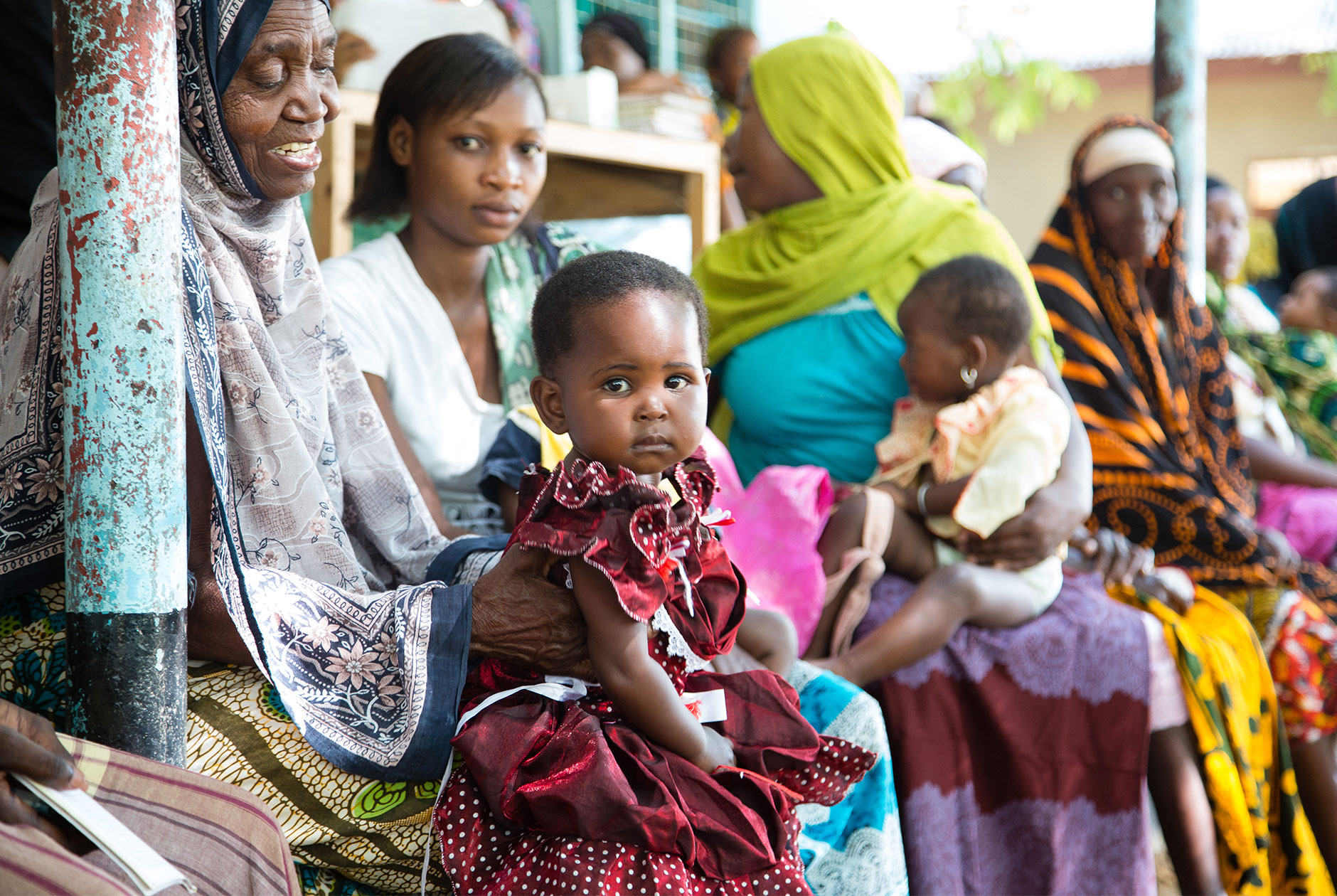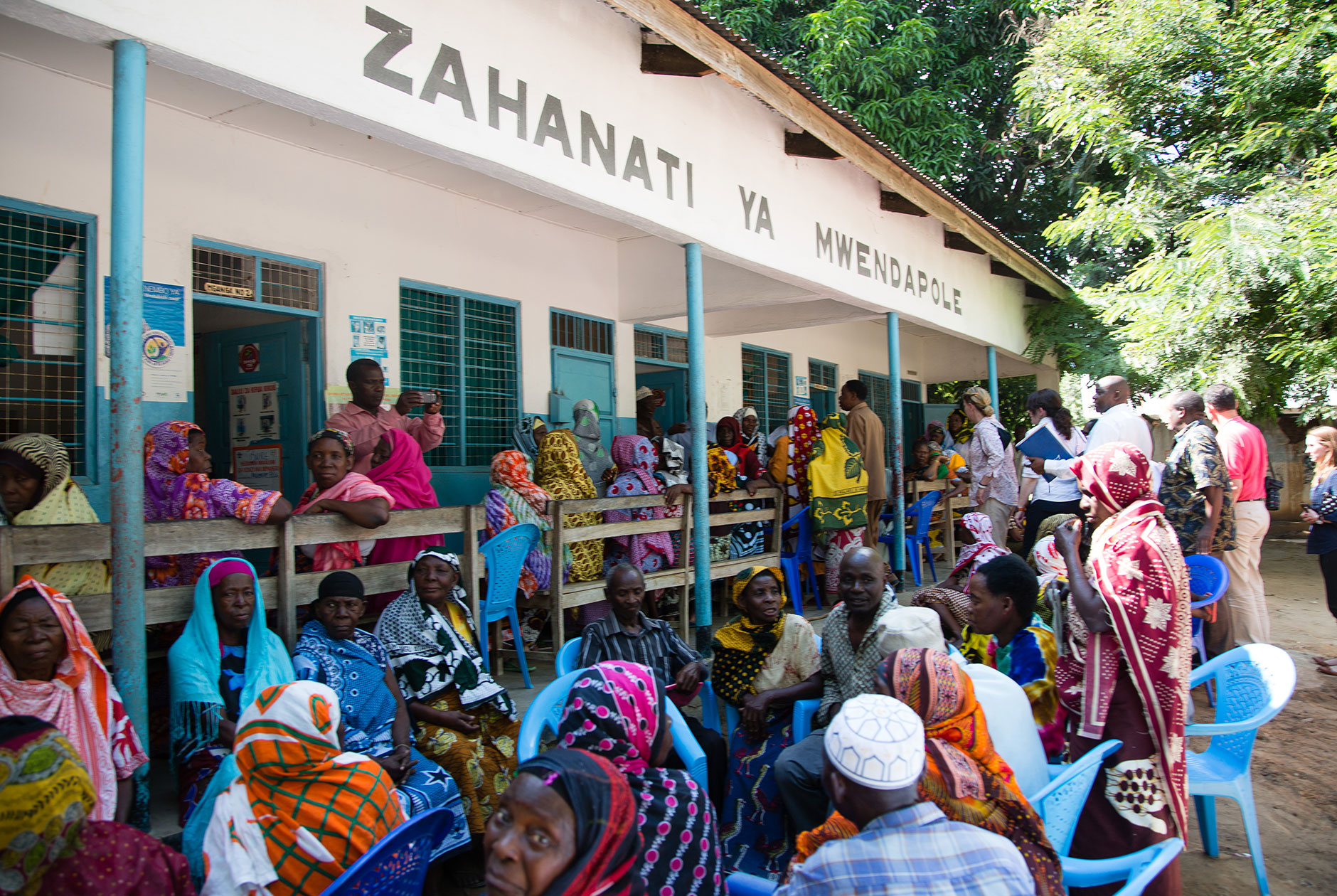Living well
as life goes on
For Pfizer, helping people age well is both a business priority and a social responsibility.
Get Old/#FOGO
In 2014, Pfizer re-launched Get Old, our multi-year reputation initiative, with a renewed focus on challenging people to face their #FOGO, or Fear Of Getting Old. This next evolution of Get Old tackles these fears head-on by bringing wit and wisdom to aging, and features new engaging content to provide insights and advice aimed at helping users to lead healthier, longer lives. The effort has led to more than 1.4 million people visiting GetOld.com, and a social media community of nearly 180,000 people.

Warachal Eileen Faison, MD
Get Old Contributor
|
Get Old empowers the community-at-large to have a conversation about what excites them about getting old and their concerns as they continue along the course of healthy aging. By discussing these issues, I believe it can help those engaged with Get Old to have an improved patient-physician dialogue. Get Old helps the community be informed, be engaged and be empowered! |
Age-Friendly Cities
Pfizer is helping support age-friendly cities in community-based programs across the world.


Community AGEnda focuses on helping communities across the U.S. become great places to grow up and grow old. Launched in 2012 by Grantmakers In Aging with funding from the Pfizer Foundation, Community AGEnda has given grants to organizations in five communities to accelerate their age-friendly efforts. Highlights of the work in the second year of the grant include: improving mobility and walkability in areas such as Little Havana in Miami; supporting intergenerational communities in Arizona; helping families and caregivers find services in Kansas City through a new website, linkforcare.org; informing regional planning efforts and advocating for affordable, accessible housing in Georgia and Indiana; and across the programs, promoting healthy lifestyles, improving access to public services and increasing volunteer, intergenerational and social opportunities. An international age-friendly photo contest challenged photographers to capture their favorite age-friendly moments. In its third year, Community AGEnda is placing particular emphasis on sustainability, seeking to embed age-friendly principles in the work of participating and partner organizations, strengthen national and international partnerships, and create informational projects to support future age-friendly efforts.


Amies des Aînés
Réseau Francophone des Villes Amies des Aînés (French Network of Age-Friendly Cities) focuses on creating and sustaining age-friendly communities throughout France and French-speaking regions of the Caribbean and the Indian Ocean. In 2014, an official guide for age-friendly cities was developed and launched with support from the Pfizer Foundation grant. Current activities include the creation of a national platform supported by ongoing media outreach to promote the need for, and value of, age-friendly cities. City-specific booklets on age-friendly initiatives, as well as stakeholder trainings, public debates, special recognition events and other communications are being developed to promote the value of age-friendly cities to the public, the business community and policy makers. Workshops and analyses focus on helping seniors to become advocates for their own needs relative to their communities.


Age-Friendly Ireland seeks to embed a sustainable network of age-friendly towns (currently, ten) across Ireland and to support a sustainable expansion that will include the continued development of resources and tools. Key learnings from 2013 and 2014 efforts include the identification of practical actions that can be introduced on an incremental basis around the country. Research and consultations with older people, service providers and community stakeholders resulted in a detailed picture of the changes that older people want and need in order to make their towns better places in which to grow old. Efforts in 2015 are focusing on enabling new towns to become age-friendly, encouraging older adults to take lead roles in enhancing their communities, and promoting the benefits of a multi-stakeholder approach to municipal planning.
HelpAge Tanzania Combating Non-Communicable Diseases


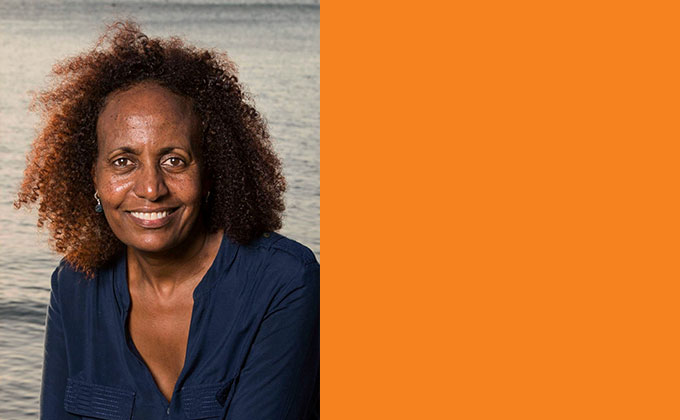
HelpAge International and Pfizer have worked together since 2012 to reduce the impact of non-communicable diseases
(NCDs) among older people in Tanzania. During the first two years, the initiative began supporting the Government of
Tanzania's efforts to provide appropriate health services to older citizens. NCDs include a range of chronic conditions,
including cancer, diabetes, cardiovascular disease and hypertension, as well as Alzheimer's and other dementias. They are
commonly thought of as diseases of affluence,
whereas, in reality, four-fifths of deaths from NCDs are in low- and
middle-income countries and older people in developing countries are particularly at risk. Prevention through an active
and healthy lifestyle can turn some of these debilitating diseases into manageable conditions.
The ongoing project focuses on developing health messaging through an intergenerational approach. It pilots a range of community-based activities aimed at promoting prevention and management of NCDs by practicing healthy lifestyles, while working with health providers at local and national levels to improve prevention, early diagnosis, follow-up and treatment of NCDs, as well as improving on data collection and analysis to inform appropriate policies. While the community-based activities are carried out in Morogoro, Kibaha and Songea districts in collaboration with organizations of older people, the curriculum reform and support to improve health information management will be undertaken together with the Ministry of Health and Social Welfare at various levels.




